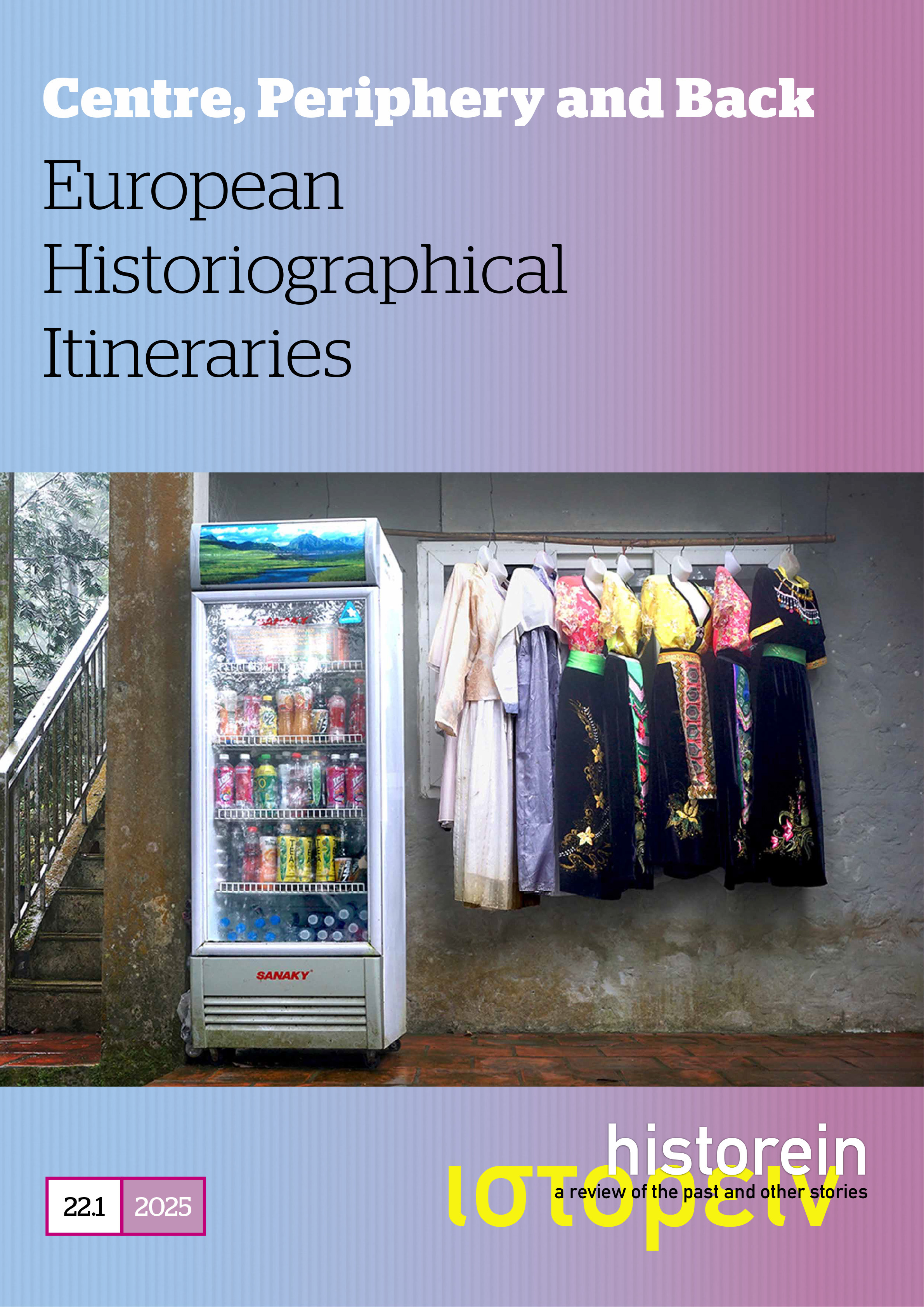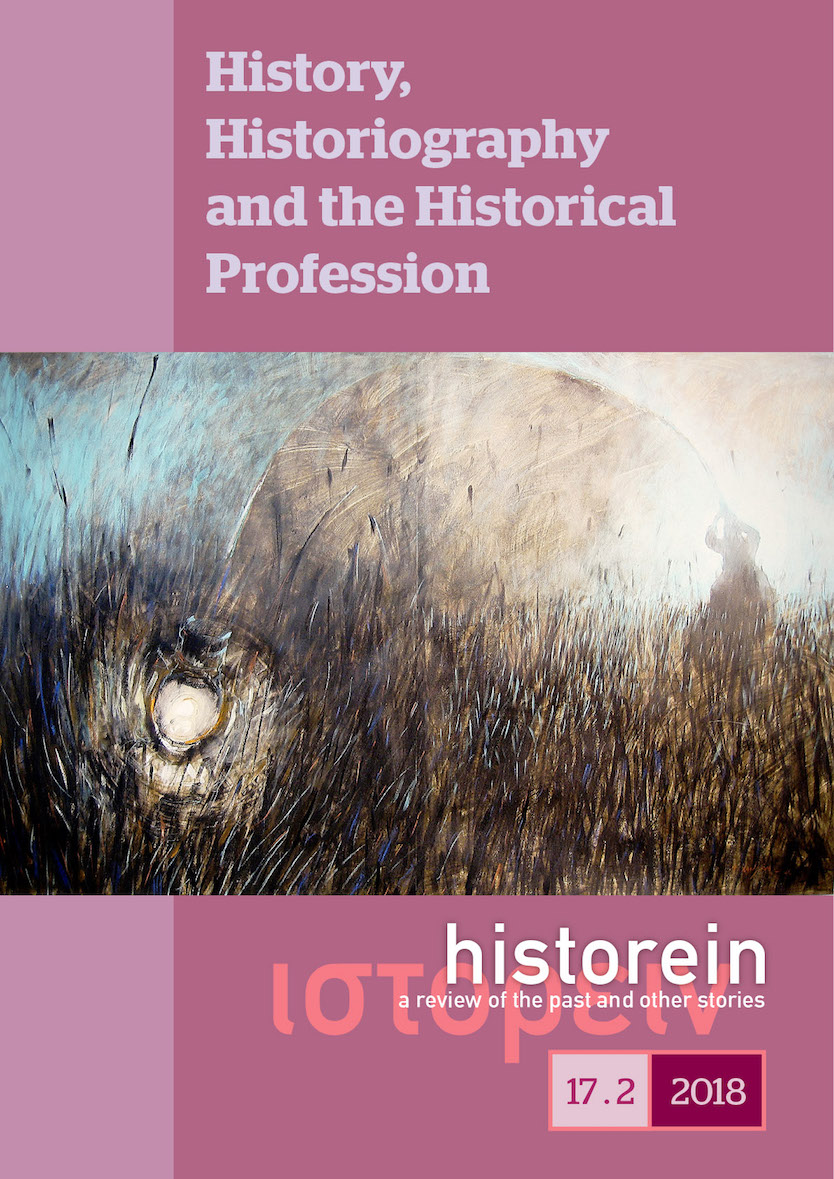Centre-Periphery and the Global Early Modern Some Historiographical Reflections

Abstract
The essay draws on the notion of centre-periphery, first, to discuss the politics of history writing and international research and, second, to address some interpretive assumptions that have informed the study of early modernity from a global perspective in the fields of early modern history and studies over the last two decades. The essay argues that appeals to a “global” early modern past often obscure asymmetries of power both as far as the past itself is concerned and the politics of history writing. The use of periodisation concepts such as the “early modern” and the “Renaissance”, which have been developed in European history and historiography, and the distrust of postcolonial theory undermine globality as an interpretive perspective and the endeavour to shake the burden of Eurocentrism.
Article Details
- How to Cite
-
Plakotos, G. (2021). Centre-Periphery and the Global Early Modern: Some Historiographical Reflections. Historein, 22(1). https://doi.org/10.12681/historein.27597
- Section
- ARTICLES

This work is licensed under a Creative Commons Attribution-NonCommercial-ShareAlike 4.0 International License.
The copyright for articles in this journal is retained by the author(s), with first publication rights granted to the journal. By virtue of their appearance in this open access journal, articles are free to use (with the exception of the non-granted right to make derivative works) with proper attribution for non-commercial uses (licence Creative Commons 4.0). EKT/NHRF retains the worldwide right to reproduce, display, distribute, and use articles published in Historein in all formats and media, either separately or as part of collective works for the full term of copyright. This includes but is not limited to the right to publish articles in an issue of the Journal, copy and distribute individual reprints of the articles, authorize reproduction of articles in their entirety in another EKT/NHRF publication, and authorize reproduction and distribution of articles or abstracts thereof by means of computerized retrieval systems.



